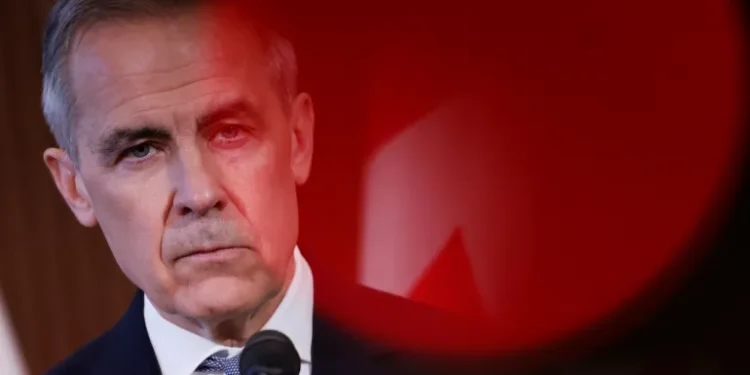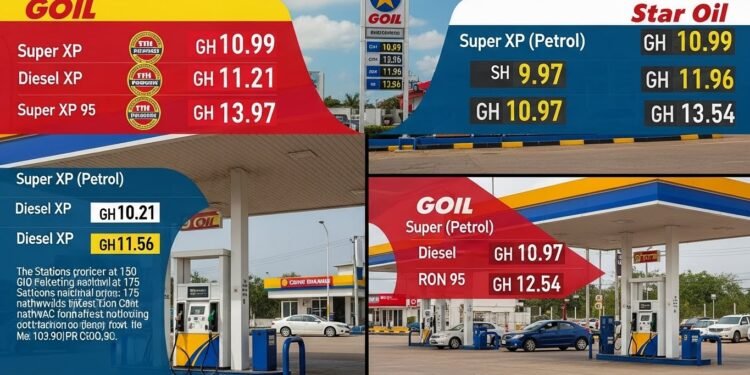If anyone had predicted that just four small tomatoes would be selling for GHC 10.00, or that GHC 5.00 worth of pepper would no longer be an option for buyers, many consumers would have dismissed it with disbelief.
Yet, this scenario is now unfolding in the Bolgatanga Municipality of the Upper East Region, where market-goers are being hit with the stark reality of rising vegetable prices.
In the bustling markets of Bolgatanga, traders dealing in tomatoes and pepper say they are not entirely to blame for the recent price hikes. Rather, they point fingers at supply challenges and low production levels among local farmers.
Due to insufficient yields in the region, many traders are now forced to import produce from Burkina Faso—an alternative that comes with steep costs.
Nancy Adombire, a vendor who sells pepper, tomatoes, onions, garden eggs, and other vegetables, shared insights with Vaultz News about the current pricing situation.
“Nowadays, the tomatoes and the onions and other things are very expensive, and the market women are worried about how the prices are going up, and we are pleading if they can do anything about the prices for us.
“So now a bucket of tomatoes is Ghs. 500.00 and the ginger the bag is between Ghs. 4,000.00 and Ghs. 4,500.00. As for the pepper, we can’t even get that one to buy. The pepper is very expensive – we sell it for GHC 10.00, and the people are crying, no money to even buy. So, everything is now expensive. The boxes of tomatoes, depending on the size, are between Ghs. 1,800.00 and 3,500.00”.
Nancy Adombire
Another trader, Awingur, shared that she remains in the business only because she is barely managing to break even.
Otherwise, she would have already left the trade behind for something more sustainable, as the rising costs at the farm gates have made it increasingly difficult to keep up.
She added that even when she manages to purchase produce, a significant portion of it often spoils before it can be sold, making it even more challenging to maintain her livelihood in the face of mounting losses.

“You cannot go home and fold your hands and sit. So, if you are able to even make a little profit on it, it’s better than not doing anything.
“This one like this [pointing to rotten tomatoes] and handpicked it yesterday, and from the ones that are not spoiled, I sold only Ghs. 120.00 and I know tomorrow I will be handpicking other rotten tomatoes from these ones.”
Awingur
Madam Awingur, however, did not place full blame for the price hikes of these essential vegetables on the farmers at the farm gates, but she maintained that tomatoes and peppers are currently in their lean season.
As a result, she believes it is expected for them to be expensive, even though she acknowledges that the prices are extremely high.
Ghana Urged To Revive Tomato Farming for Sufficiency
According to Dr. Charles Nyaaba, Chairman of the Peasant Farmers Association of Ghana, the country must return to the basic strategies that once made it the top producer of tomatoes and other vegetables among neighboring countries like Burkina Faso.
He believes farmers have lacked sufficient encouragement from the government, particularly in the form of fertilizer subsidy support.
Additionally, farmers are concerned about potential losses, as the region lacks storage facilities to preserve these perishable vegetables for future sales.

“Just a few years back, when you talk about tomatoes in Ghana and in the neighbouring country, it is the Upper East. You remember the Vea tomatoes growing area? You remember Tono tomatoes’ growing area? Then you remember the Northern Star tomato factory.
“2008, Kuffuor promised us that he was revamping the Northern Star tomato factory, and all of us, many farmers, went into tomato farming. Tomatoes became so abundant that when it was time for marketing, the factory could not even take 5%, and all those tomatoes rotted, and as many as 15 farmers committed suicide in 2008. Since then, farmers are no longer interested in tomato production”.
Dr. Charles Nyaaba
The Chairman believes that the bad precedent set in the past is partly responsible for the current situation of seasonal spikes in tomato prices on the market and is therefore calling for urgent reforms to address the issue.

Mr. Nyaaba also explained that in order to achieve self-sufficiency in food security, particularly in vegetables, the government must make a deliberate effort to emulate the farming model used by Burkina Faso to reduce the country’s heavy reliance on the Sahelian nation for tomatoes and other vegetables.
According to him, there is no harm in learning from the best in order to stay afloat in the pursuit of food security and to meet the country’s consumption targets.
“There is nothing wrong with the current government going to copy from them. Ibrahin Traore is doing magic. He is doing magic not because Burkina has more fertile lands than Ghana, but it is just because of leadership. So we expect to hear from the current government the kind of leadership they are going to bring, especially to the Agriculture sector.”
Dr. Charles Nyaaba
He emphasized that Ghana possesses ample arable and fertile land capable of feeding its population and even supplying neighboring countries, and as such, should aim for food self-sufficiency rather than relying on imports.
READ ALSO: Next Steps In Ukraine Peace Efforts Reliant On Russia























